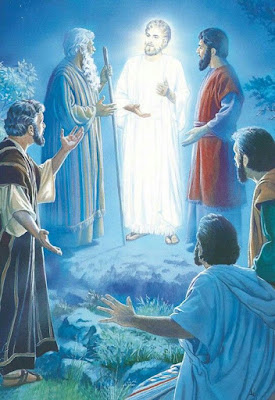TIME FOR A SPIRITUAL TRANSFORMATION.

March 08 2020: Second Sunday of Lent - A READINGS: Gn 12:1-4a ; Ps 33:4-5, 18-19, 20, 22 ; 2 Tm 1:8b-10 ; Mt 17:1-9 An Iranian proverb says, “Necessity can change a lion into a fox.” Another proverb adds, “If you dance with the devil you can't change him but he will change.” Many people suffer today, not so much of the worship of the personality, but mostly for the cult of the body. We live in a world where all will like to have a slim-fit body with developed muscles. The advertisings and medias today are all about the so-called star-body shape. We all, therefore, want a physical transformation. In that frenzy for physical transformation, no one think about the transformation of the spirit. Our body preoccupies us most than our spirit. The Lenten journey sounds today on this need for spiritual change or the metabolism of our spirit. We are all urged to undergo a process of transfiguration, that is, to have not a quantitative, but rather a qualitative chan




